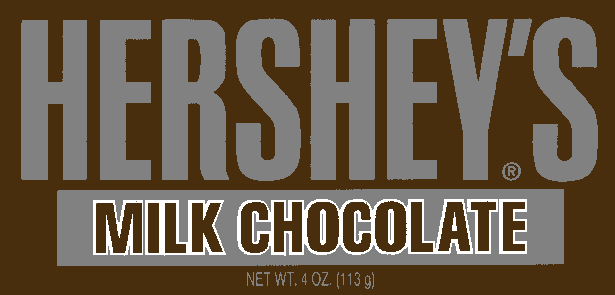Update: Starbucks and Ethiopian Farmers Reach Trademark Agreement

Last year, coffee giant Starbucks was involved in a trademark dispute with Ethiopia over the names of three different coffees sold by Starbucks. The coffee names – Yirgacheffe, Harar and Sidamo – refer to regions within Ethiopia, and the coffee drinks themselves are made with beans from these respective regions. Concerned that its farmers were not adequately protected, Ethiopia applied for international trademark protection in 2006, and Starbucks subsequently opposed the registration attempts.
In a deal announced June 20, 2007, Starbucks will no longer oppose Ethiopia's attempts to trademark its specialty coffee beans. Although no royalty payments exist in the deal, Starbucks released a statement stating that greater distribution control will lead to a stronger demand and better pricing for the specialty beans. Prior to the agreement, Ethiopian farmers received $0.75-$1.60/pound for coffee that Starbucks in turn sold for $26.00/pound. In other parts of the world, specialty coffee growers receive up to 45 percent of the retail price, well above the previous 5-10 percent that Ethiopian farmers received. The large price differential resulted in impoverished Ethiopian farmers struggling to make a living growing the beans for which U.S. consumers paid top-dollar.
Ethiopia has acquired trademark protection for all three of its specialty coffees in some countries, and for Yirgacheffe in the United States. In total, Starbucks and 14 other international coffee companies have signed trademark agreements with Ethiopia.

